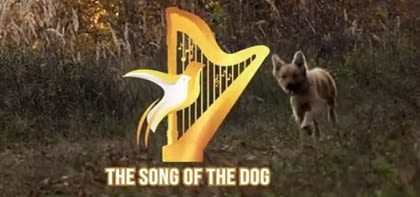
Perek Shira – The Song of the Dog
Take a deeper look into the heart of the world’s favorite pet and hear anew the music of its bark.

 The dogs say: Come, let us prostrate ourselves and kneel, let us bow before Hashem our Maker. (Psalms 95:6)
The dogs say: Come, let us prostrate ourselves and kneel, let us bow before Hashem our Maker. (Psalms 95:6)
The dog is a dedicated and cherished pet that recognizes its master and subjugates itself entirely to his will.
“Dog” in Hebrew is “Kelev“, which is said to be a contraction of the words “Kulo Lev”1, meaning, “entirely heart”. This refers to the dog’s unashamed expression of its heart’s will. Even small dogs will bark impudently at beings many times their size, if that is what they feel. It is this heart that is attuned to the emotions of its master, with whom it is bound in devoted companionship.
The dog has the understanding to appreciate the hand that feeds it and it reciprocates with unquestioning obedience, friendship, and adoration. There is an old parable: throw a dog a bone and it will lick the dust of your feet.2 It will protect its master even at the risk of its own life.
Canines are carnivores. Nonetheless, game hunters would make use of hunting dogs to bear down prey and hold it for them. The dog would not eat the meal itself, but rather save it for its revered master.3
There are innumerable breeds of dogs and they fill a variety of essential roles in society. Yet the universal role of every dog is its song to the Creator in which it invites mankind to serve the ultimate master with comparable allegiance: “Come let us prostrate ourselves and kneel, let us bow before Hashem our Maker.”4
Living with Song
The dog hears our call. We, too, should hear its call to serve our master and benefactor.
Hashem has done more for us than any master has done for his servant and any king has done for his nation. He created us, removed us from our shackles of Egyptian slavery, and granted us the bounty of world in the land of Israel. Day by day, it is He who provides our basic needs of food and shelter and a life far more blessed than that of a dog. And this is all nothing compared to what He has promised us in the future. If a dog can be loyal to its master for the sake of a dry bone, all the more so we, who are capable of true appreciation and gratitude, should prostrate ourselves and perform our devoted divine service as a labor of love and passion.5
A dog will be loyal even to the lowliest of masters. We should surely submit ourselves wholeheartedly to the will of the Living God upon Whom we are entirely dependent.
Recognize Hashem as your only master and devote your life to Him. Never distance yourself from Him. If He disciplines you, do not become disheartened; He is training you to perfection. Hold back from trivial prohibited benefits and merit to the far greater treasures the master has promised. Take pleasure fulfilling His will and enjoy His constant company. He is our God and the sole reason for our existence.
1 מהר”ל חידושי אגדות, הוריות יג. ומהרש”א סנהדרין צז
2 זוהר ויקרא סג
3 Cf. The Song of the Hunting Dog
4 In the commentary of the Mabit, he orders the bowing in this verse in progression. First “נשתחוה” which means to prostrate with outstretched hands and feet, representing total submission. Then one merits to stand and “ונכרעה” which means to kneel on one’s knees. Then “נברכה לפני ה’ אלוהינו” which is bowing while standing. This is the highest level when one merits לשחר פניו (to greet His face. For example, by first relating to Hashem with total subjugation and even at times degradation, one eventually merits to serve Him upright with the pride of a minister of the King.)
5 Sefer Ha’ikarim, R’ Chaim Kanievsky, and others.
***
Republished with permission by Rabbi Shmuel Kraines of the Song of Existence Project.





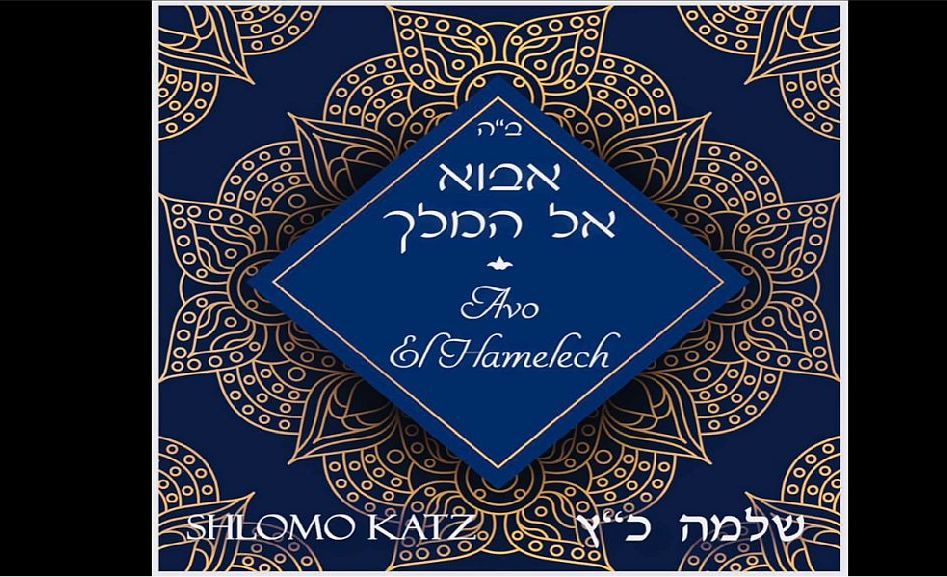
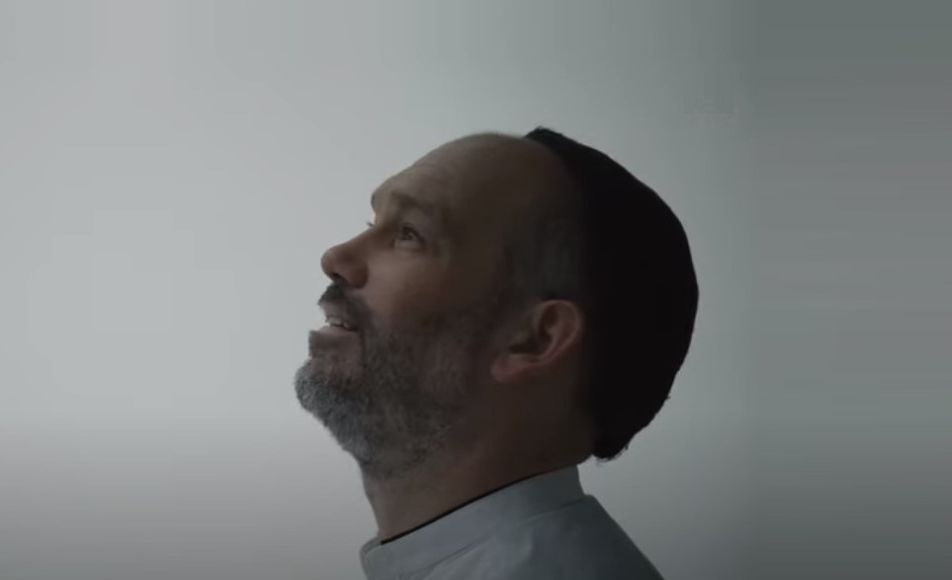
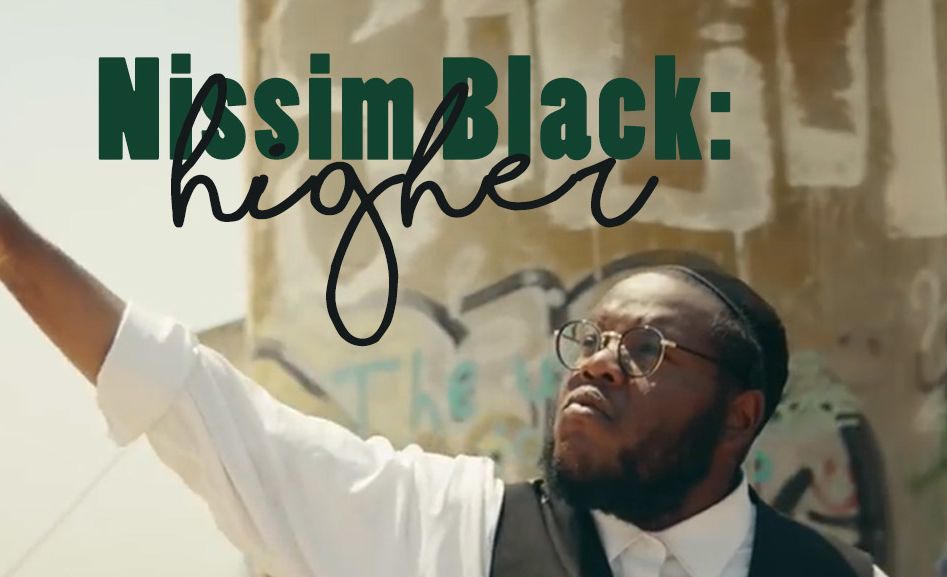
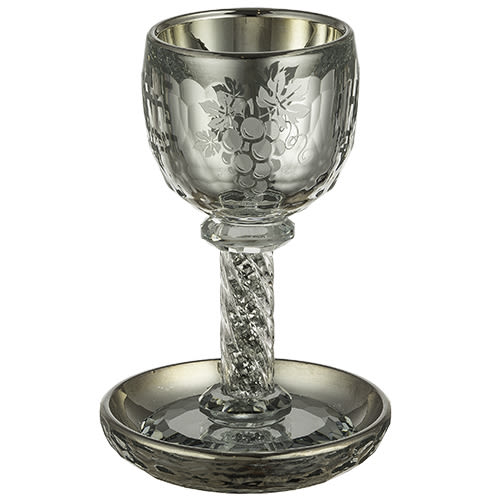





Tell us what you think!
Thank you for your comment!
It will be published after approval by the Editor.